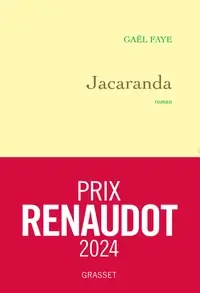En cours de chargement...
This book deals with the origin and history of human language.
Why do we speak, we human beings and we alone, and not also the other races of animals which have been endowed with faculties in many respects so like our own? The fact is a patent one: although some of the lower animals are not entirely destitute of the power of communicating together, their means of communication is altogether different from what we call language.
The essential characteristic of our speech is that it is arbitrary and conventional; that of the animals, on the other hand, is natural and instinctive: the former is, therefore, capable of indefinite change, growth, and development; the latter is unvarying, and cannot transcend its original narrow limits: the one is handed down by tradition, and acquired by instruction; the other appears independently, in its integrity, in every individual of the race.
Now, for the superiority of man in this particular, the general reason, that his endowments are vastly higher than those of the inferior races, though by no means so definite as could be desired, is perhaps the truest and most satisfactory of which the case at present admits. When philosophers shall have determined precisely wherein lies the superiority of man's mind, they will at the same time have explained in detail his exclusive possession of speech.
We are accustomed to agree that man is distinguished from the brute by the gift of reason; but then we can only define reason as that whereby man is distinguished from the brute; for as to what reason is, how far it is a difference of kind, and how far one of degree only, we are quite at a loss to tell.







